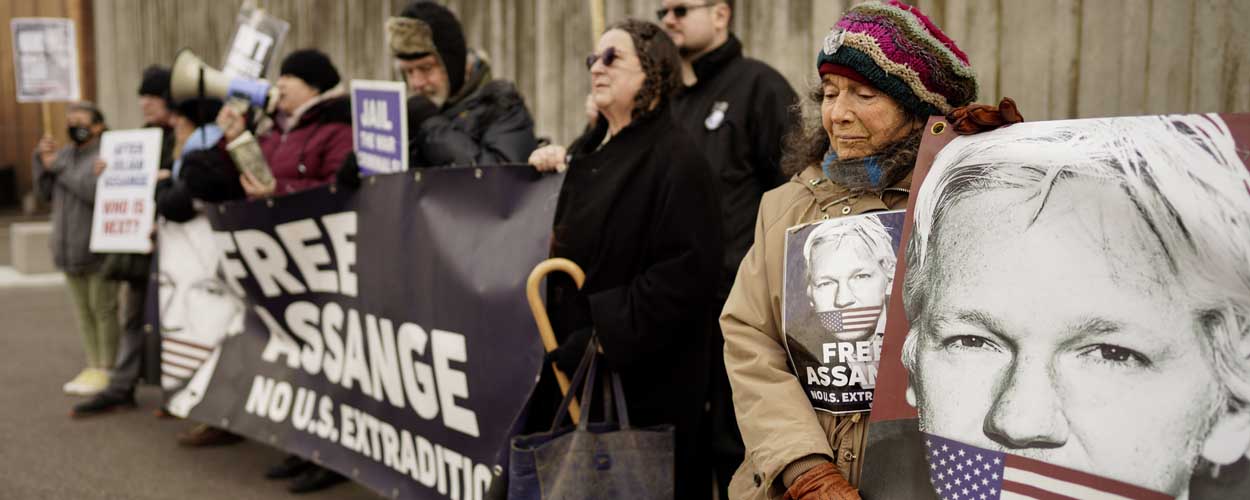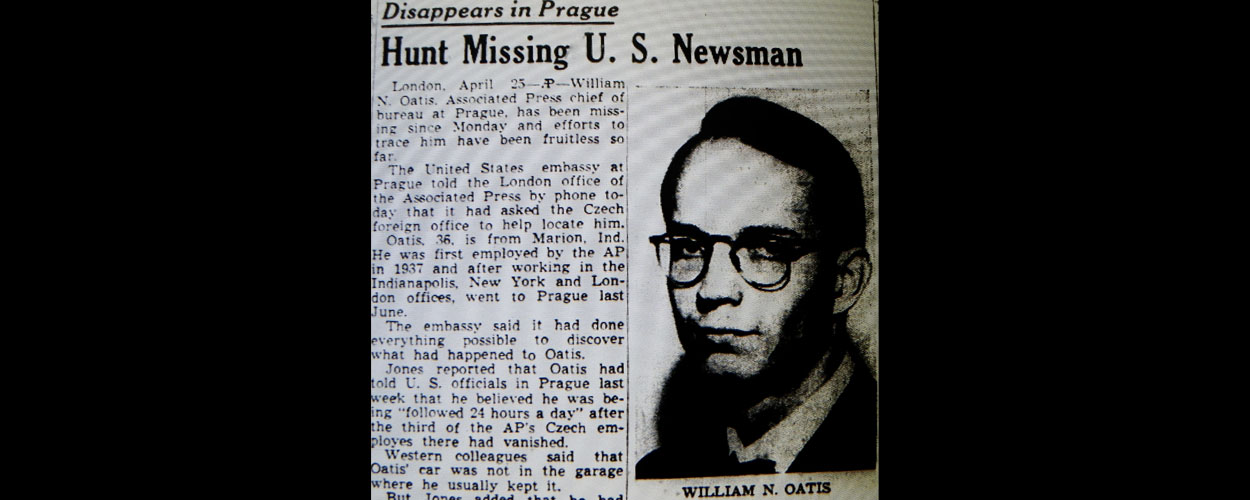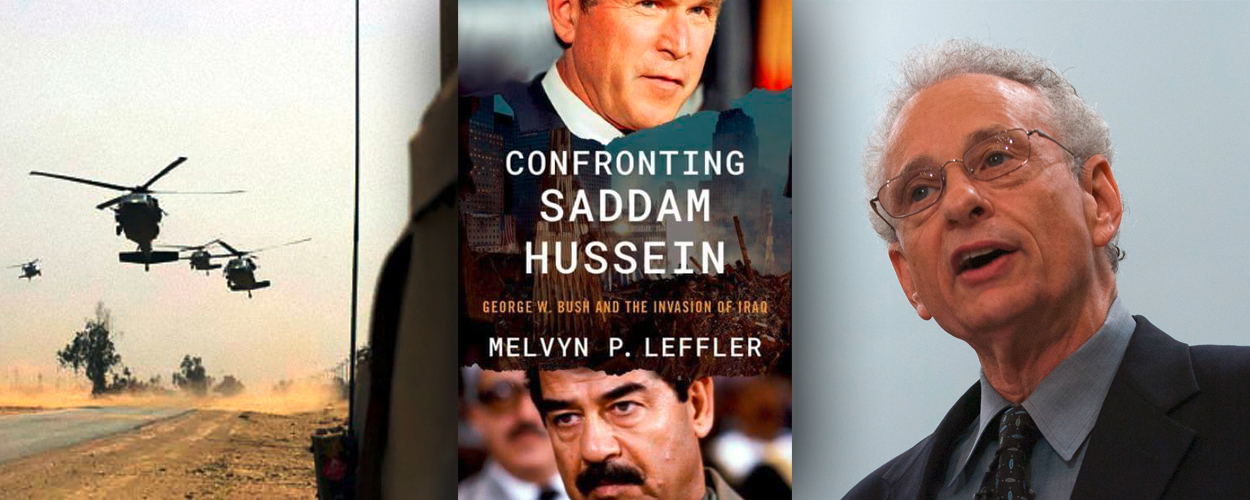While dictators kill troublesome journalists with guns and missiles, democracies can afford to be more patient. But the end result is the same.
In most of the countries whose wars I’ve covered over the past 50 years, journalists were fair game. The first deliberate killing I remember took place during Lebanon’s civil war in May 1976, when a sniper shot Le Monde correspondent Edouard Saab. Saab, who also edited Beirut’s French language daily, L’Orient-Le Jour, had excoriated the Syrian regime for stoking Lebanon’s violence … The Syrians were not the only ones killing writers in Lebanon. In 1966, supporters of Egyptian President Gamal Abdel Nasser murdered Kamal Mrowe, the esteemed editor-publisher of the Arabic daily Al Hayat. Mossad killed Palestinian writer Ghassan Kanafani in Beirut in July 1972, two months before I moved there … That’s just the Middle East. In other regions where I’ve worked soldiers and politicians murdered journalists with impunity. There is barely a corner of the globe where reporters are not targets of the powerful forces they challenge. The United States presents itself as an exception, despite its toleration of friendly states, like Saudi Arabia and Israel, that have killed journalists. On World Press Freedom Day, May 3, last year, President Joe Biden declared, “Courageous journalists around the world have shown time and again that they will not be silenced or intimidated. The United States sees them and stands with them.”
America did not stand with the reporters and camera operators from Al Jazeera, Reuters, and Spain’s Telecino in Baghdad when US forces fired on and killed them on April 8, 2003. The case that the killings were unintentional wore thinner in July 2007, when a US Apache helicopter killed a group of unarmed civilians on the streets of Baghdad. Among the dead were Reuters journalists Namir Noor-Eldeen and Saeed Chmagh. Only WikiLeaks’ publication of the “Collateral Murder” footage, complete with the crew’s voiced glee at the killings, exposed the official lie.
Continue reading →









